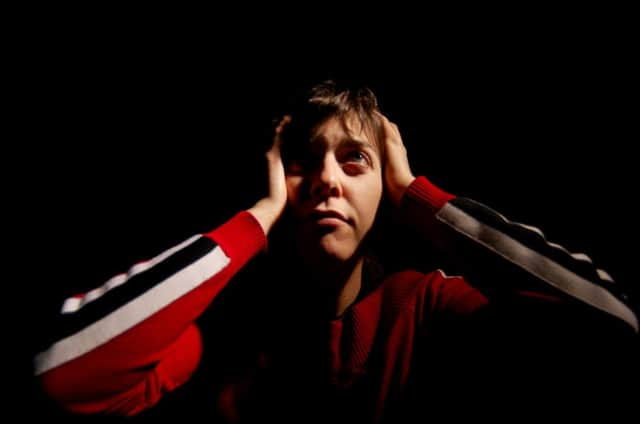Mental illness epidemic among Scotland’s jobless


The concerns were raised as it emerged that mental health problems account for 45 per cent of illness in all people not working.
MSPs expressed concern during a parliamentary debate that not all treatment targets were being met, as the Scottish Government was urged to enshrine in law the notion that mental health should be given equal importance to physical health.
Advertisement
Hide AdAdvertisement
Hide AdA Lib Dem debate led by Jim Hume, the South Scotland MSP, heard mental health problems were now the dominant health issue for people of working age.
It was revealed that treating the illnesses costs £10.7 billion per year in Scotland.
Mr Hume welcomed work the Scottish Government had done to introduce targets for 90 per cent of patients to receive psychological therapy within 18 weeks of referral.
However, he highlighted the most recent figures which showed that deadline was missed for 17 per cent of patients.
According to official figures, in NHS Highland, 19 per cent of patients were waiting more than 18 weeks in July last year – a figure that increased to 27 per cent last December.
Similarly, the percentage missing the targets in Tayside increased from 15 per cent to 25 per cent over the same period.
Mr Hume also expressed concern that almost 14,000 people were waiting to start treatment with psychological therapy services and that 708 young people had been waiting more than 26 weeks for treatment.
He claimed that research, to be published by the Scottish Association for Mental Health (SAMH), would reveal many GPs were deciding against referring patients for psychological ther-apy because the waiting lists were too long.
Advertisement
Hide AdAdvertisement
Hide AdWhile the number of psychologists had increased overall across Scotland, there was still disparity in how many there were per head of population across health boards.
Mr Hume told MSPs there was an applied psychologist for every 7,000 people or fewer in Lanarkshire, Fife, Tayside and Greater Glasgow and Clyde.
But in the Borders and Highlands, the figure was in excess of 11,000 people and in Forth Valley it approached 14,000.
Child and adolescent psychiatric hospital admissions in 2012-13 were also 21.2 per 100,000 – up from 19.2 the previous year.
Mr Hume said: “Members will be aware that in England, the government has been treating mental health as a top priority and three years ago launched a strategy which coincided with a £400 million drive to tackle the way the NHS treats mental health.
“This was why, for the first time ever and in a demonstration of just how much importance the UK government places on supporting sufferers of mental illness, the Health and Social Care Act enshrined in law that mental health will be considered of equal importance alongside physical health.”
He added: “I want to see the Scottish Government follow suit and match this commitment by the UK government.”